
From Name planted trees for you, Recipient Name.
See your Tree Certificate attached, and click here
to learn about One Tree Planted's work.
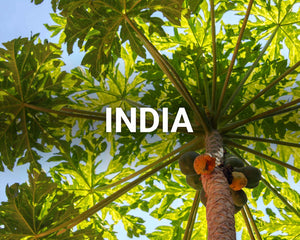
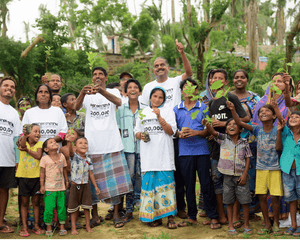
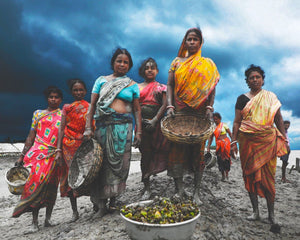
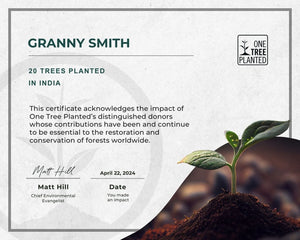
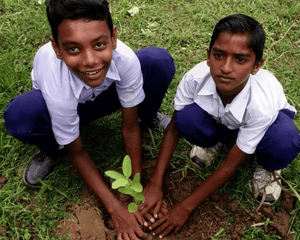
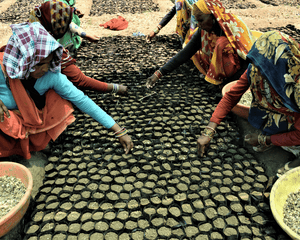
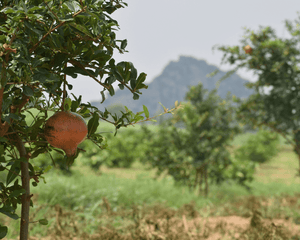
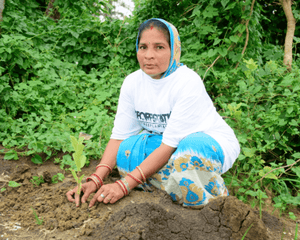
Ranging from the Indian Ocean to the Himalayas, from the Bay of Bengal to the Indus River, India's forests reflect the subcontinent's great diversity of communities & ecosystems. Learn more
With your help, we will:
Looking to plant trees every month? Join The Grove.
Ranging from the Indian Ocean to the Himalayas, from the Bay of Bengal to the Indus River, India's forests reflect the subcontinent's great diversity of communities & ecosystems. Learn more
With your help, we will:





Despite the importance of India's diverse forests for ecosystem services, wildlife and the livelihoods of millions of people, forests have been severely depleted across the country. A huge push for economic development in the last decade has seen a rise in industrial projects, at the expense of forests and forest lands. According to government data, 14,000 square kilometres of forests were cleared to make way for thousands of industrial projects over the past 30 years.
Today less than a quarter of the countries' geographic area is under forest cover. However, India's forest cover is slowly rebounding. The government has pledged to several commitments to restoring deforested and degraded landscapes, such as the Bonn Challenge. Furthermore, India is increasingly focusing on incorporating local communities into forest management. Given the livelihood benefits forests provide local communities this is good news in the push to get more trees in the ground and green India.
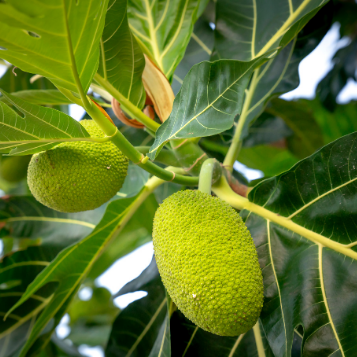
Planting fruit trees is an investment in the future of the environment and in healthy, sustainable food choices. Each tree we plant in India will provide at least $10 USD in food and nutrition each year, with a cumulative value of 5 million dollars garnered over the next 50-60 years.

A mature tree can sequester up to 48 pounds of carbon per year. India suffers some of the worst air quality in the world, so planting trees is particularly useful in filtering and improving air quality. Trees actively help mitigate climate change as well through carbon sequestration.

According to scientists, India has lost 40% of its natural forest cover in the last 95 years. Driven by mining, agriculture and urbanization, this profound forest loss can be remedied by reforestation. Restoring forests will improve the lives of the estimated 275 million Indians.